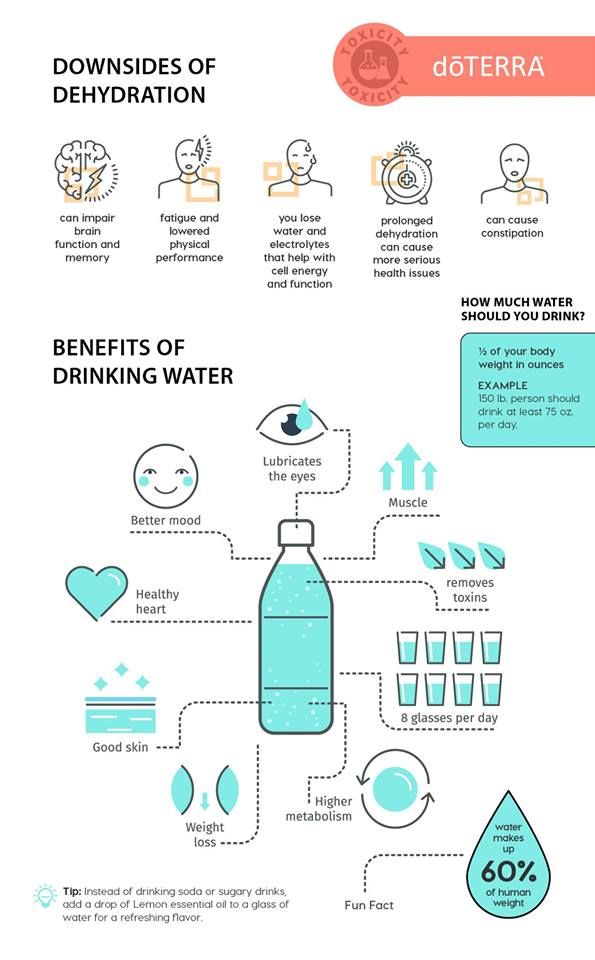How to choose godparents for your child
What Their Role Is and Who to Ask
As a new parent or parent-to-be, you’ve likely thought of all the ways you’re planning to support and guide your child through life. But have you considered who else could serve as an advisor and role model for your child? After all, life’s path can get a bit bumpy, and the more positive influences in your kid’s world, the better. That’s where a godparent comes in.
“Godparent” is a term that gets tossed around a lot, but you may find yourself wondering, exactly what is a godparent? Whether you’re religious, spiritual on your own terms or strictly secular, here’s what you need to know about the tradition, the role of godparents and how you can make the custom your own.
In this article:
What is a godparent?
The role of godparents
How to choose godparents
How to ask someone to be a godparent
Celebrating with a godparent ceremony
What Is a Godparent?
Traditionally, a godparent is a sponsor chosen when someone, often a baby, receives the sacrament of Baptism, a rite of admission into Christianity.
“The godparent is a member of the church community who supports the faith of the person being baptized,” says Robert Matava, PhD, dean of Christendom College Graduate School of Theology in Alexandria, Virginia. “Given the responsibilities that faith and incorporation into the Church entail, the godparent should be someone who can help the newly baptized person understand and live out these responsibilities.”
Depending on the type of church you belong to, the precise godparent definition can vary.
“What this looks like depends on the church in which the parents belong,” explains Michael Bos, senior minister at Marble Collegiate Church in New York City. “It can mean hands-on conversations about faith with the child, or even being ready to step in and oversee the children’s spiritual formation should anything happen to the parents.”
Whether the idea of appointing a godparent is part of your religious beliefs or not, you can still have a godparent figure in your kid’s life. This may change the godparent definition a bit, but it’s all centered around a desire to provide your little one with a strong role model in life.
This may change the godparent definition a bit, but it’s all centered around a desire to provide your little one with a strong role model in life.
“I like the term ‘guide parent,’” says Greg Epstein, humanist chaplain at Harvard and MIT and author of Good without God. “Many people want somebody who they love and admire who will play a special role in their kid’s life…It’s essentially adding an extra role model for the child.”
How many godparents can a child have?
According to the Catholic Church, a child can have up to two godparents (and in that case, they must be a man and woman), but only one is required. But as Bos points out, each church or organization may have their own unique guidelines. “Traditionally it’s been two, but some churches have three, some only have one and others have no specified number at all,” he says. And of course, if you like the idea of naming non-religious godparents, you can have as many as you’d like.
The Role of Godparents
The role of godparents, traditionally, is to help the christened person understand and live out their faith and religious responsibilities.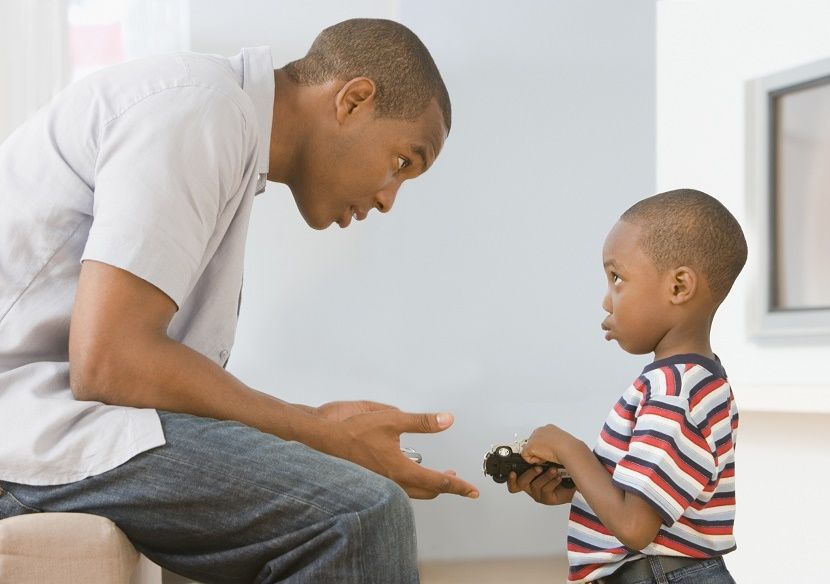 “This can include things like helping the newly baptized person to understand the beatitudes and the decalogue; guiding them to find, accept and fulfill their personal vocation; and raising their awareness of the Precepts—or laws—of the Church,” Matava says.
“This can include things like helping the newly baptized person to understand the beatitudes and the decalogue; guiding them to find, accept and fulfill their personal vocation; and raising their awareness of the Precepts—or laws—of the Church,” Matava says.
But the role of godparents doesn’t necessarily have to revolve around religion. Most godparents take an active role in all aspects of the kid’s life. “For many, this role has expanded to become more of a co-parent,” Bos says. “It can be tough raising children, and it can be tough being a child. A godparent can provide a significant relationship of love and support for a family.”
How to Choose Godparents
Seeing as you can select your child’s godparents from among family or friends, the pool of potential candidates can be pretty big, and it can be tough to only pick a couple of people to honor with the coveted title. Careful deliberation should go into choosing godparents. Ask yourself: What is a godparent and what does it mean to you?
If you’re a member of the Catholic Church, there are a few guidelines you have to follow, Matava explains.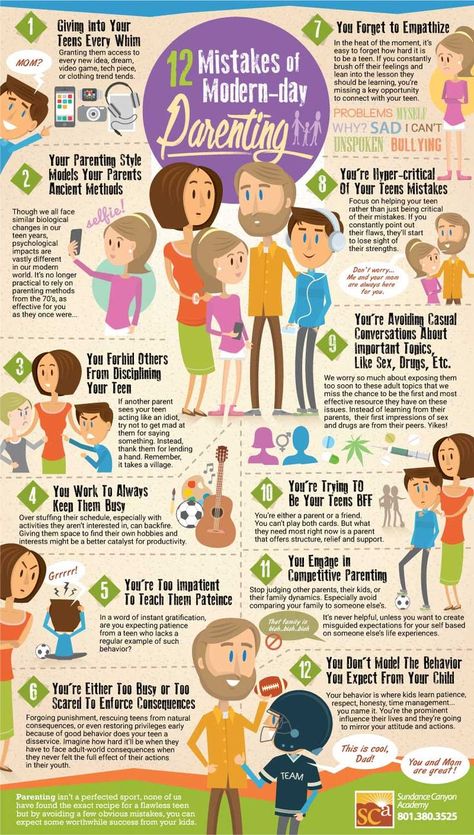 Godparents must be chosen by the parents or guardian and cannot be the child’s mother or father. They should also be at least 16 years old and must be an active member of the church who has received the sacraments of confirmation and communion. Keeping all that in mind, choose “someone who can serve as an authentic example of Christian charity—someone who could demonstrate holiness of life,” Matava advises.
Godparents must be chosen by the parents or guardian and cannot be the child’s mother or father. They should also be at least 16 years old and must be an active member of the church who has received the sacraments of confirmation and communion. Keeping all that in mind, choose “someone who can serve as an authentic example of Christian charity—someone who could demonstrate holiness of life,” Matava advises.
The role of godparents isn’t just an honor—it’s a big responsibility. Once you’ve made a decision, check in with the particular family member or friend to make sure they’re personally up to the call of duty. “Remember that this is for life. You don’t fire godparents or swap them out,” Bos says. “You want to ask someone you know will be a positive presence in your child’s life—and yours.” He adds, “A way to think about this, particularly if you expect the godparent to have an active role in your child’s life, is to ask yourself: ‘Would I be comfortable having this person raise my child if I weren’t able to?’ If the answer is yes, then you’re on the path. In fact, many godparents are also named as the child’s legal guardians in the parent’s will.”
In fact, many godparents are also named as the child’s legal guardians in the parent’s will.”
Religion aside, Epstein says each parent should think about why they want to choose someone as a godparent, and what’s unique about that person that can be passed on to their child. “If someone is creative, they can introduce different types of music, art and drama into your child’s life; if they’re into science, they can teach different STEM concepts through play and activities; or if the potential ‘guide parent’ is someone involved in community, encourage them to take your kid to a soup kitchen, get involved with a local charity or even peacefully protest something they believe in,” he says.
How to Ask Someone to Be a Godparent
Once you know who you’re going to ask, the next question is when. If you’re a member of the Catholic Church, the earlier you ask the better. Many parishes require a letter of recommendation from the godparent, as well as other forms of documentation showing they’re active members of the church and understand what’s expected from the role of godparents.
“It’s wonderful when godparents are asked before a child is born. This allows them to provide support from the first day of the child’s birth,” Bos says. “Before asking someone, it’s critical to know your church’s requirements for this, and to explain your and your church’s expectations for the godparent.”
Regardless of whether it holds religious significance for you, asking someone to be a godparent is a big deal. Luckily, there are lots of ways to make the moment memorable. Heartfelt cards and personalized gifts—like picture frames, keychains or jewelry—add a nice touch. You can even DIY simple but sweet sentiments to gift to a godparent. The blogger behind Life in a Nutshell shares a cute way her friends asked her to be a godmother with an adorable poem signed from the baby-to-be.
Celebrating with a Godparent Ceremony
As far as a godparent ceremony is concerned, Catholics welcome baby into the church and celebrate their godparent during the sacrament of Baptism. But if you’re not religious, you can still commemorate the milestone in a handful of other ways.
But if you’re not religious, you can still commemorate the milestone in a handful of other ways.
“A ceremony revolving around the birth of a child goes across every culture the world has ever known,” he says. “There’s no single, one-size-fits-all book telling you how to do it, but there are endless opportunities to make the ceremony your own.”
He suggests a “Welcome to the World” party as a secular alternative, during which the newly appointed godparents can make speeches, similar to wedding vows, revolving around what they hope for in their relationship with baby and all the ways they’ll see it through. Another sweet idea is to have godparents honor their bond with baby by planting a tree with the parents to symbolize their blossoming relationship. They can also bury a few important mementos in a time capsule for baby to discover 10 or 20 years later, reminding the godparents they’re a constant force in baby’s life, or write letters to baby that your child will be able to read when they’re older.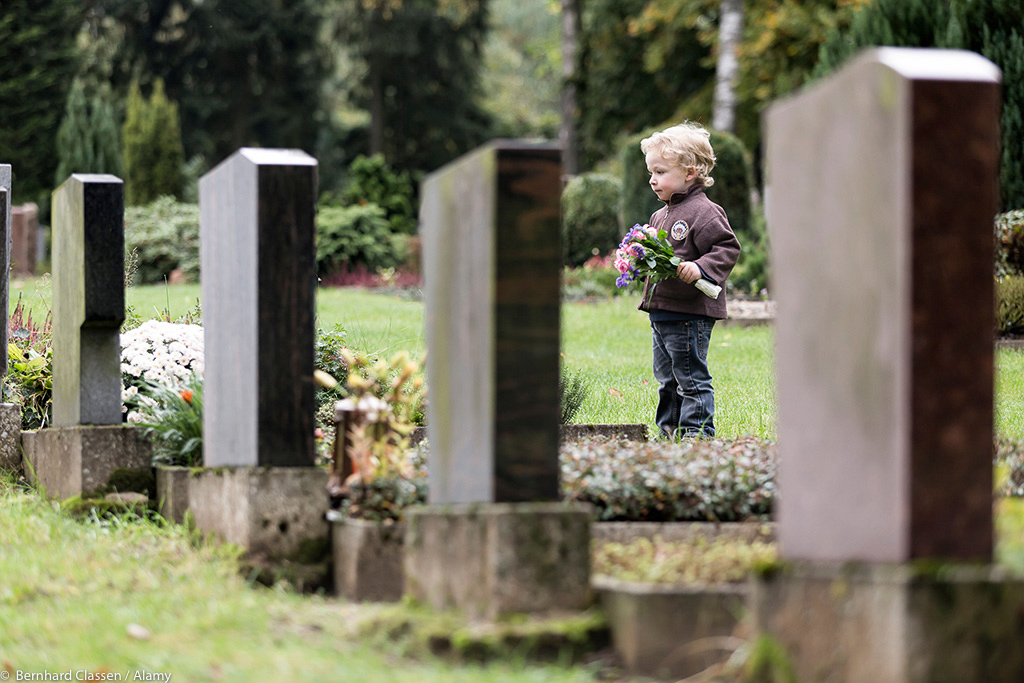
“Godparent” is an ever-evolving and open-ended term. For some it’s vested in sacred and holy traditions, while others see it as something that has nothing to do with religion at all. Whatever your beliefs, there’s always a way to make the tradition your own. If nothing else, it’s an opportunity to provide your child with another adult role model who they know loves them and wants the best for them throughout life.
Published February 2019
Plus, more from The Bump:
Unique Birth Traditions Around the World
How to Turn Little Moments Into Big Celebrations All Year Long
Why You Should Make a Family Mission Statement
The tricky task of choosing the right godparents for your baby
Selecting a name for your precious bundle of joy can be tricky, but sometimes the hardest decision of all is who to choose as godparents (if you decide to have them). Whether you are after a spiritual guide or simply a role model for your child, there are a number of important things to consider before you decide.
What it means to be a godparent
Traditionally, the role of a godparent was a religious one – hence the title. Through an official baptism ceremony, parents would assign two faith-abiding adults (of the same religion) to be the lifelong religious guides for their baby, to help provide a greater understanding and knowledge of God.
However, these days many parents are removing the religious element and choosing godparents simply because they want their child to have good adult role models in their life, or as part of a non-religious baby naming ceremony. It’s a popular modern notion and in fact, many people who aren’t religious at all and don’t baptise their babies still decide to assign godparents.
They are NOT guardians
There is a very common misconception that the role of a godparent is to look after the child in the event something happens to their parents. However, unless your will states that the godparents will also be the guardians of your child if you die or are incapable of caring for them, they will not legally be allowed to care for them.
By choosing godparents (whether there’s a baptism or not), the only roles they will play in your child’s life are either religious and/or being a positive influence or presence.
When godparents are required
For those who are religious, baptisms are usually expected to take place and godparents need to be assigned. If you want your child to go to a religion based school they will usually ask for proof of baptism – as is often the case with Catholic schools. Which is why many who don’t practice a particular faith but want to send their children to a religious school – often for affordability, moral teaching, academic results, proximity or cultural reasons – will need to get them christened and select godparents.
The more the merrier
Some children have one set of godparents while others have only one godmother or a godfather – the number is up to you. A more recent trend is to have multiple combinations of godparents as more parents are finding it too hard to choose only one set, or they might wish their child to have godparents from their home country in addition to where they live.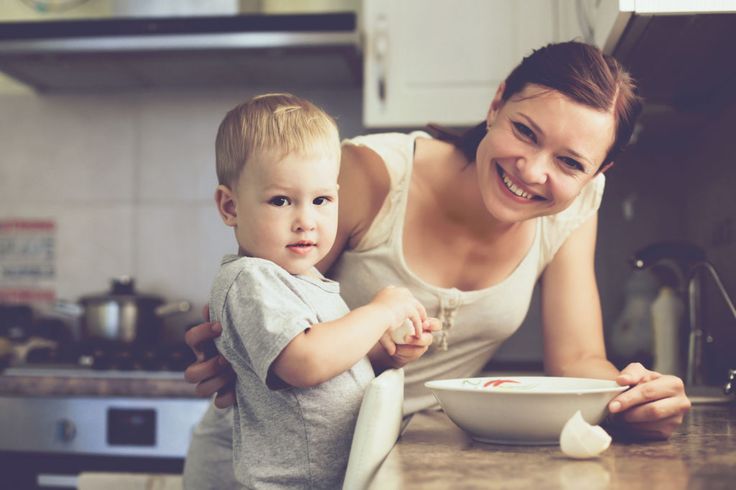
Tips for choosing the godparents
Okay, so you’ve decided you want your child to have godparents which means you want two specific people to be a constant presence and influence in their life. Kind of a big deal right? To be asked really is a privilege, and should mean more than sending a card and $10 note in the mail each birthday and Christmas. So how do you choose who to pick for the job?
Here are four tips to get you thinking:
1. Choose someone who will stick around
Choosing your brother’s girlfriend of two weeks is not a good choice for a godmother because who knows if she’ll still be around in years to come? For this reason, family members are often a good choice because it’s pretty hard to disconnect from family. Likewise, friends who are flighty or prone to disappearing are not good options for godparents either. You want these people to always be accessible to your child, open for conversations and happy to spend extra time with them.
2.
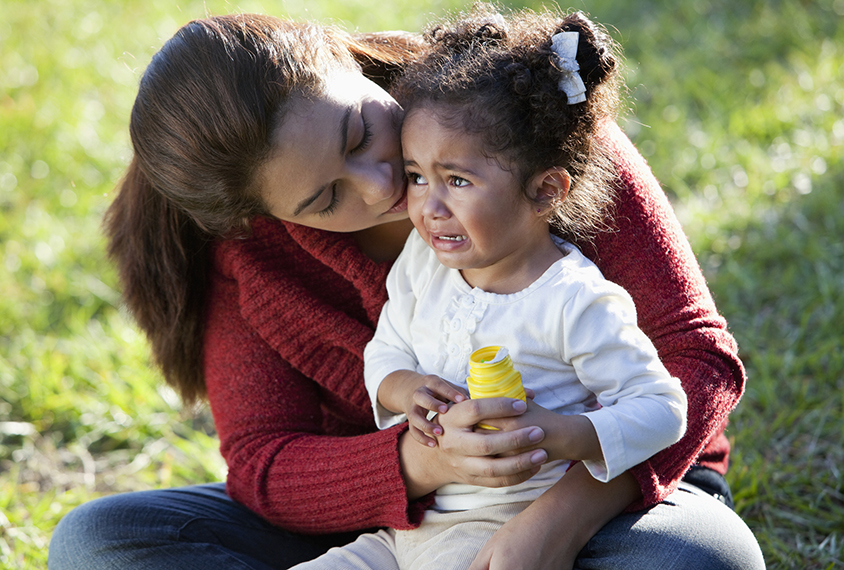 Make sure they’re a positive influence
Make sure they’re a positive influenceThe dodgy uncle with the gambling addiction and penchant for hookers is probably not going to work out well, if this who you want as a role model for your child. Think about your candidates carefully, do you consider them a good, kind person? Do you respect them? Would they be a positive influence on your child? Often it’s nice to also think about what they could bring to your child’s life that you might be lacking – e.g. musical interests and abilities, intellectual wisdom or worldly cultural experience.
3. Don’t choose for the wrong reasons
Selecting godparents can become political at times, with best friends or in-laws often expecting to be the ones standing up there with you at the church. But this is a very personal and important decision, so don’t feel pressured into choosing someone just because you think they might get upset. A godparent is for life, people will eventually get over not being asked.
4. Be clear with expectations
Often godparents are chosen and they have no idea of what is expected of them, so it’s a good idea to be clear from the start about what you’re anticipating they will be, or do, for your child.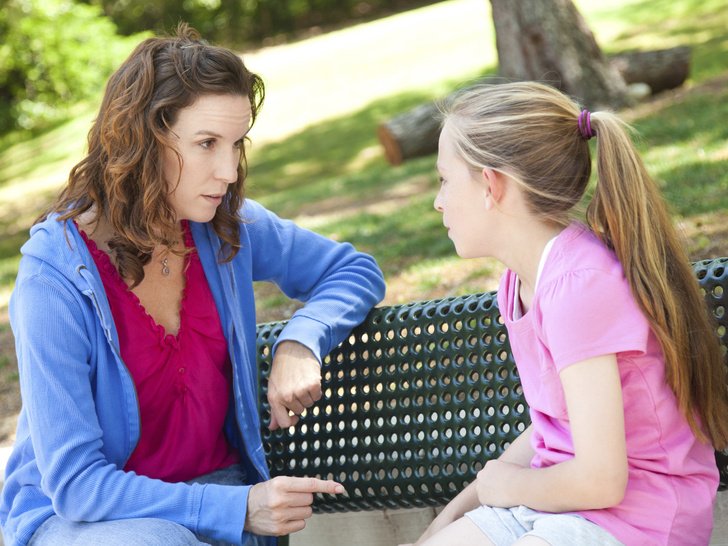 Sometimes people may also feel daunted about being chosen and may refuse to accept the role. Being clear about your expectations can help alleviate any concerns they may have, but remember – they do have the right to politely decline the godparent offer. If this happens, try not to get too upset and respect their decision. It is, after all, an important one for your child!
Sometimes people may also feel daunted about being chosen and may refuse to accept the role. Being clear about your expectations can help alleviate any concerns they may have, but remember – they do have the right to politely decline the godparent offer. If this happens, try not to get too upset and respect their decision. It is, after all, an important one for your child!
Save
Posted on by Susan Taylor
How to choose godfather and mother for a child?
First of all, it is important to understand why a child needs godparents. The fact is that the rite of Baptism itself is the introduction of the child to the Orthodox faith, and he, as a rule, is still too small to make this decision on his own. At the age of eight or forty days old (these days it is customary to baptize children in Orthodox Christianity), the child cannot show true faith and repentance, therefore godparents vouch for the upbringing of the child in the traditions of Orthodoxy, until he can consciously and independently accept native faith.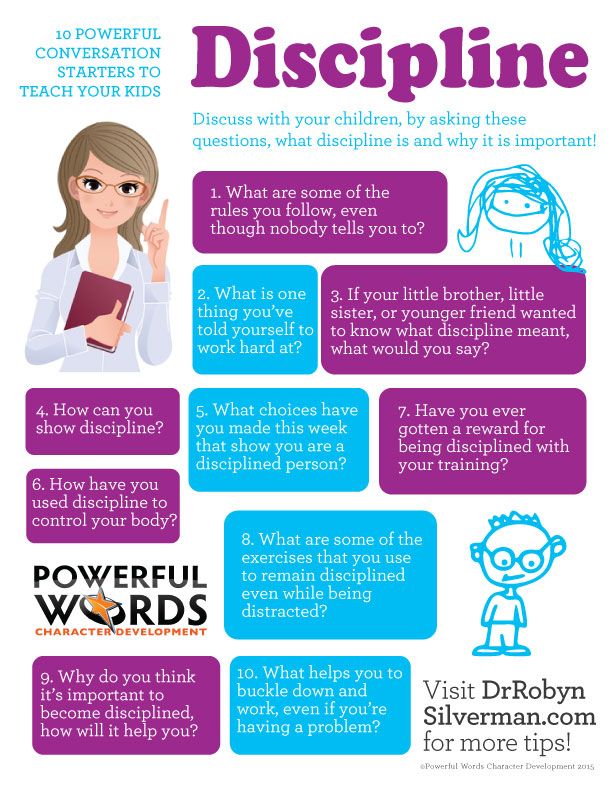
The role of the godfather and mother is much more than taking the baby out of the font and reading a prayer during the Sacrament. Godparents take responsibility for the spiritual upbringing of the child and give a strict answer for their godfather before the face of the Lord on the day of the Last Judgment.
Thus, being a godparent is a big responsibility for life, so the choice of godparents must be taken seriously. Christian education can only be given by those who themselves live according to the Law of God and sincerely pray for their godson.
The godparents take on the responsibility of introducing the child to the Sacraments, explaining to them the essence of the teachings of Christ, teaching them faith and piety. The connection between this person and his spiritual successor is eternal and deeper than that of parents according to the flesh. The fate of his own soul and the soul of the baby he took from the font depends on the actions of the godfather.
According to the traditions of the church, the child must have at least one spiritual successor of the same gender as the one being baptized. For a girl it is a godmother, and for a boy it is a godfather.
According to the rules of the Church, the blood lines of spiritual kinship should not coincide, therefore it is not recommended to choose siblings, sisters, grandparents and other close relatives for the role of godparents. The child's parents cannot be his godparents either.
It is forbidden to choose a man and a woman living in a civil marriage as godparents, since the Church considers a civil marriage a serious sin - adultery. Godparents cannot be connected to each other by the bonds of the flesh, since their connection is spiritual in nature.
The godfather at the time of the child's baptism must be at least 15 years old, and the mother must be at least 13 years old. Before this age, they cannot vouch for the faith of the person being baptized, since they themselves do not understand the essence of the Christian faith well enough. People of another faith, immoral or unbaptized cannot be spiritual recipients for the same reason.
People of another faith, immoral or unbaptized cannot be spiritual recipients for the same reason.
Monastics cannot be godparents.
The most important thing when choosing godparents is to be guided only by Christian considerations, completely excluding such formal and secular factors as personal gain, friendship, convenience or inconvenience in communicating with the future godfather. The recipient of the child must be a person who will really pray for him and, together with him, follow the path of the teachings of Christ. It is advisable to choose a prayer man as a godchild - a consciously believing Orthodox Christian.
The person being baptized must have at least one spiritual successor of the same gender as himself. For a girl it is a godmother, and for a boy it is a godfather. However, for many centuries in a row, by analogy with parents in the flesh, it has become customary to have two godparents - a father and a mother. Close spiritual ties are established between the spiritual recipient, the godson and their relatives.
How to choose godparents and prepare for baptism
The baptism of a child is an important event for parents. Therefore, you need to prepare for it in advance. How exactly, the priest, cleric of the Church of the Annunciation of the Blessed Virgin Mary in Petrovsky Park in Moscow, Dmitry Nikolaev, told the readers of "MIR 24".
- Father Dmitry, please tell us how baptism takes place and what is its main essence?
Baptism is the first sacrament of the Church encountered by a person who intends to live a spiritual life. Its meaning is that a person takes the first step into this life and becomes a member of the Church. This sacrament is performed only once in a lifetime.
Our Lord, Jesus Christ, ascending after his Resurrection to the Father, commanded the apostles to teach people everything that he had taught them. And including, to baptize people in the name of the Father, and the Son, and the Holy Spirit.
In the course of the sacrament, the rite of giving a name is performed on a person, preparatory prayers and prayers are read containing a prohibition for the devil to have power over this person.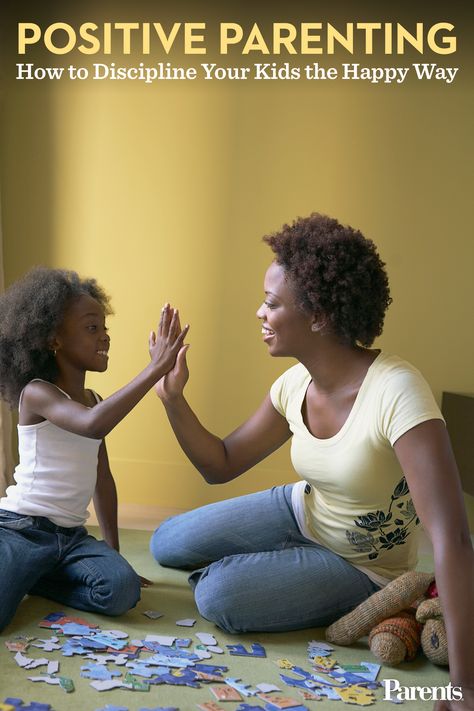 Because as a result of the fall of one of the very first and most beautiful angels, and the subsequent war in the spiritual world, the bound and far from omnipotent Satan nevertheless constantly rises up against those who strive for God and hinders them with all possible forces and means. Therefore, before uniting with Christ, we drive Satan away from us and renounce him.
Because as a result of the fall of one of the very first and most beautiful angels, and the subsequent war in the spiritual world, the bound and far from omnipotent Satan nevertheless constantly rises up against those who strive for God and hinders them with all possible forces and means. Therefore, before uniting with Christ, we drive Satan away from us and renounce him.
Water is also blessed. A person is anointed with consecrated oil, baptized in water in the name of the Father and the Son and the Holy Spirit. The grace of God descends on a person, all his sins that he committed in his life remain in the font, and he goes out into the world a renewed, just born spiritual baby. His spiritual eyes are opened, he sees the world differently and feels differently. That is, a person is given a unique chance to start life anew.
During baptism, a Guardian Angel is also given to a person, accompanying him on all paths. The angel will rejoice for his ward in good and suffer from his every evil step or intention.
The baptized person puts on clean clothes, and then the second sacrament, which is also possible only once in his life, is performed - chrismation. There is a well-known expression: "we are smeared with one world." But many do not even know what it means. And it says that we were baptized in one Church and we were anointed from one vessel, and we are actually kindred people.
In the sacrament of chrismation, a person is stamped with the seal of the Holy Spirit on all his senses. These are kind of locks that Satan cannot get through. During baptism, he is expelled and cannot pass through these seals until the person himself opens it to him, as the goats did to the gray wolf.
Procession around the font is performed, the Holy Scripture is read. Then the Holy Myrrh is washed off with a special sponge and the rite of cutting the hair is performed - it is cut crosswise from the head along a small strand, as a symbol of sacrifice and obedience.
In order to become more familiar with the order of the sacrament of baptism, to begin to understand the deep meanings behind external actions, you need at least to become a participant in the catechumens conversations, which should be attended by both parents and godparents, and the person who is preparing for baptism, if he is an adult. Self-education, reading special literature will never hurt.
— How to choose godparents?
Parents must take seriously the choice of godmother or godmother. Sometimes two godparents are chosen, but this is just a pious Russian tradition, coming from the idea that a child should have both a mother and a father. In principle, one godfather or godmother is quite enough. But by all means the same sex with the child, because the boy is brought up by a man, and the girl by a woman. The main task of the godfather is to pray for his godson and take care of his Christian upbringing.
In our tradition, a godfather (or godmother) is a person who acts as an older friend and mentor to a child.
If it may be inconvenient for a child to share something with the parents, then it is easier to do this with the godfather, provided that he is an older comrade who is stronger spiritually and who can be trusted with his secrets and doubts. And he can point you in the right direction.
Very often parents choose godparents simply out of friendship. They themselves go to church once a year and call the same godfather. But you need to understand that the godfather must have something to give the child in terms of his spiritual development. In other words, you need a specialist. When parents look for teachers for their child, they choose them not for friendship, but for professional qualities. The same must be done here.
- Is it possible to choose godparents who do not live in the same city as the godson?
Why not? Quite possible! We live in the 21st century, we have means of communication such that we can live even on another planet, and at the same time maintain contact with those who are dear to us all the time. And if the godfather brings up his godson, even while living in another city, then everything is fine. And seeing each other every day, even living nearby, is still unrealistic. So it doesn’t matter how far away the godfather lives, but it should be a person with whom the child has a frank spiritual friendship.
And if the godfather brings up his godson, even while living in another city, then everything is fine. And seeing each other every day, even living nearby, is still unrealistic. So it doesn’t matter how far away the godfather lives, but it should be a person with whom the child has a frank spiritual friendship.
— How should parents and godparents prepare for the baptism of a child?
Baptism is an event on a universal scale! A person is born into Eternal Life! This is a holiday, and, of course, we must prepare for this. And not so much to set tables for relatives, but to cook themselves.
The first duty of parents and godparents is to raise their children in the Christian faith. If they do not know anything about their faith, then for them before baptism, public conversations are held, which I have already spoken about. There are at least two conversations, they are led by a priest, a deacon, or a person specially trained for this - a catechist.
At these talks, parents will learn who God is, what the Church is, and in whom we believe. Because it is very important to know the basics of our spiritual life. We must understand where we are going ourselves, and where we are sending our child. After all, even when parents send their child to a circle or section, they find out everything about it. Especially when someone enters an educational institution. After all, he is preparing for this, taking exams. So it is here: you need to have a clear idea of where you are entering.
Before baptism, parents and godparents should go to church, purify their souls at confession, partake of the Holy Mysteries of Christ.
There are exceptions: for example, a mother cannot participate in the sacraments for 40 days after giving birth. She goes through a period of physiological cleansing and does not begin the sacraments - neither confession nor communion. If the parents want to certainly baptize the child during this period, then we allow the mother to be present at the baptism, but nothing more. If these 40 days have already passed after the birth, then the priest reads permission prayers over her, and she can confess and take communion. Godparents before baptism need to do everything the same as parents.
If these 40 days have already passed after the birth, then the priest reads permission prayers over her, and she can confess and take communion. Godparents before baptism need to do everything the same as parents.
Godparents for a child are in a sense more important than blood parents, because spiritual kinship is higher than blood kinship. When choosing godparents, it is important to consider that the godparents of the same child cannot be husband and wife, groom and bride.
And one more important limitation. If, for example, a single mother baptizes her son, then she cannot have any personal, close relationship with the godfather of this child. If this still happened, this situation is absurd and will not lead to anything good.
— Can a priest refuse to baptize a child?
Sometimes there are such situations. It is important that the child's parents are legally married. Because if parents live in a prodigal union, which is now called a civil marriage, then the child will suffer from this.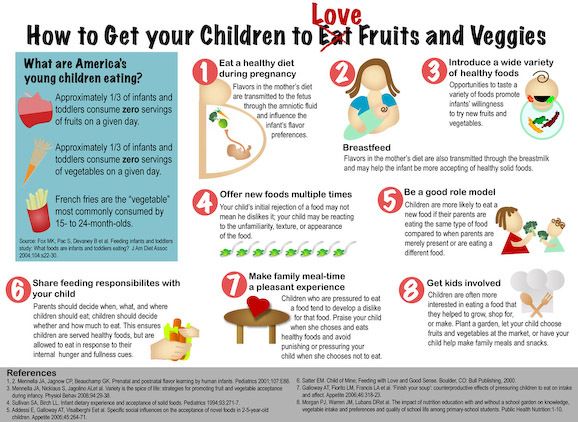 What is the point of baptizing him, giving him to Christ, if the parents themselves live in mortal sin? It turns out that with one hand we give the child into the hands of Christ, and with the other we crucify Christ.
What is the point of baptizing him, giving him to Christ, if the parents themselves live in mortal sin? It turns out that with one hand we give the child into the hands of Christ, and with the other we crucify Christ.
If the marriage of the parents is not consecrated by the Church, but is witnessed before the people and the state, whose laws we recognize, then the Church recognizes such a marriage, in the hope that this couple, who testified before the people that they are husband and wife, will subsequently come to an understanding of the need and weddings. Why do we recognize? Because the notorious stamp in the passport obliges them to be responsible for their union.
And if this is not the case, then today they like each other, but the day after tomorrow they don't like each other and run away. Everyone suffers. Both themselves and the children. And a foolishly trusting woman, who does not know the commandments of God, who does not have any rights, since marriage as such does not exist, sometimes finds herself on the street, and even with a child.
Before the revolution, there were no registry offices, and all marriages were registered in the church. There were no problems with stamps and other discrepancies. Now the situation is different.
- Is it possible to baptize a child if the parents themselves are not baptized?
It is necessary to communicate with such parents. Why baptize a child if the parents themselves are not interested in God, the creator of the universe? What's the point in that? This is not a shamanic rite that must be performed so that the child does not get sick. Or is it just accepted? If they are not baptized, but they have a sincere desire to baptize a child, then it would be better for them to be baptized all together. We baptize according to the faith of our parents, and if there is no faith at all, then this will turn out to be profanation. Yes, of course, I feel sorry for the children. We want them to be baptized. But this is somewhat absurd. We don’t say: my wife and I are Orthodox, but we want to give the child to Buddhism! And this is essentially the same thing.
We are baptized in order to become one with Christ! And this means, together with him, crucify, and die, and resurrect! And what will a child be able to feel if his parents are absolutely unbelieving people? How is he brought up in the faith?
In general, the situation is some kind of theoretical, invented. In any case, I have not encountered such a thing in my practice.
If it so happens that one of the parents is not baptized, and the other goes to church and wants to baptize the child, then of course, you need to come and baptize. In general, there is a rule that if an Orthodox person marries a non-believer or a non-believer, then this marriage is allowed on condition that children are raised in the Orthodox faith.
— What do I need to prepare for baptism?
Parents should prepare a cross, marriage certificate, birth certificate, christening shirt and towel for baptism.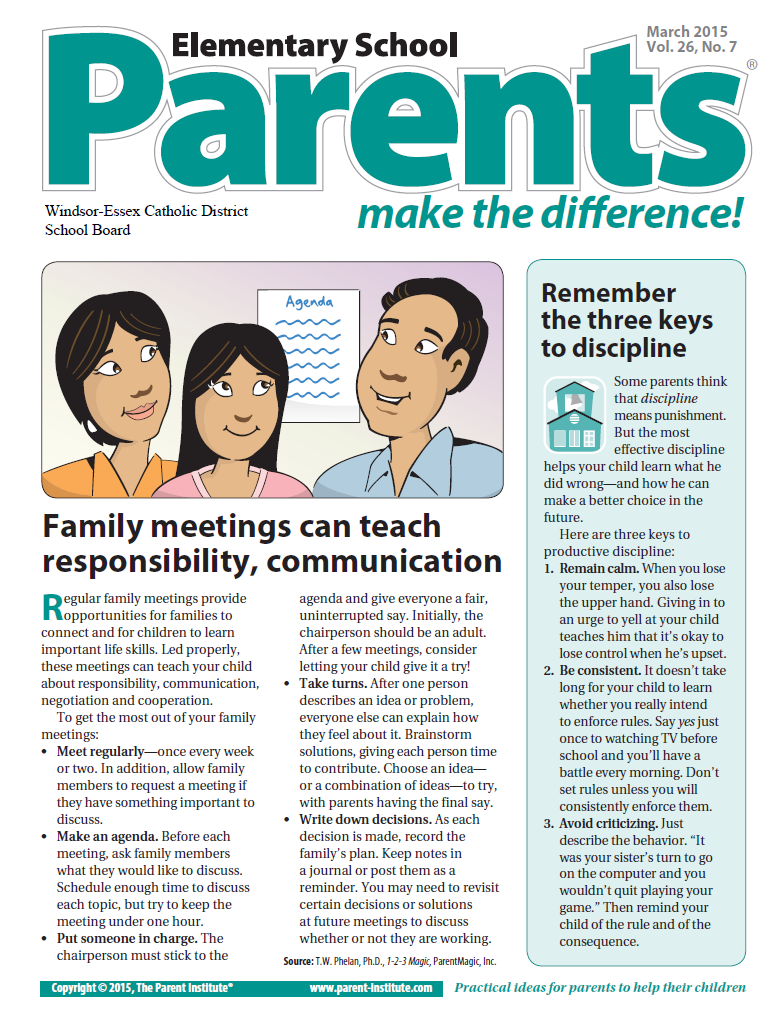 If the child is already older, then slippers are needed so that he reaches the font in them and, leaving it, does not turn out to be barefoot.
If the child is already older, then slippers are needed so that he reaches the font in them and, leaving it, does not turn out to be barefoot.
— Who can be called for baptism, can unbaptized relatives and friends come?
Everyone can come to the christening! It is very good and right to share the joy of the appearance of a new member in the Church. It is good to take a photographer or cameraman with you to capture the joyful moment. It is not forbidden to remove the baptism. Then you can watch this recording again at home and rejoice once again.
— How should an adult prepare for the sacrament?
A person who decides to be baptized as an adult must be willing to understand where he has come. He also goes to public talks. These conversations are the same for everyone: those who wish to be baptized, and the parents of babies, and godparents come to them. And like everyone who participates in these conversations, he must read the Gospel and be sure to analyze the "Symbol of Faith.
" This is a fundamental document developed at the first two Ecumenical Councils back in the 4th century. In it, in 12 sentences, all the main postulates of our faith are formulated.
It is impossible for him to confess before the sacrament, because he is still an unbaptized person. But it would be very good for him to talk with the priest immediately before Epiphany or the day before. Such a conversation is similar to a confession: the same thing that he would say in confession, he must tell the priest in order to cleanse his soul. The Lord still looks at it and hears it all. And when a person is baptized, he becomes pure like a baby, and all his past life, all his mistakes and sins are forgiven him for free. In the future, a person no longer needs to confess them.
— Do adults need godparents? Who can he invite to baptism?
No, an adult doesn't need godparents anymore. And he can invite anyone to baptism: friends and relatives, all people close to him, with whom he wants to share this joy.








